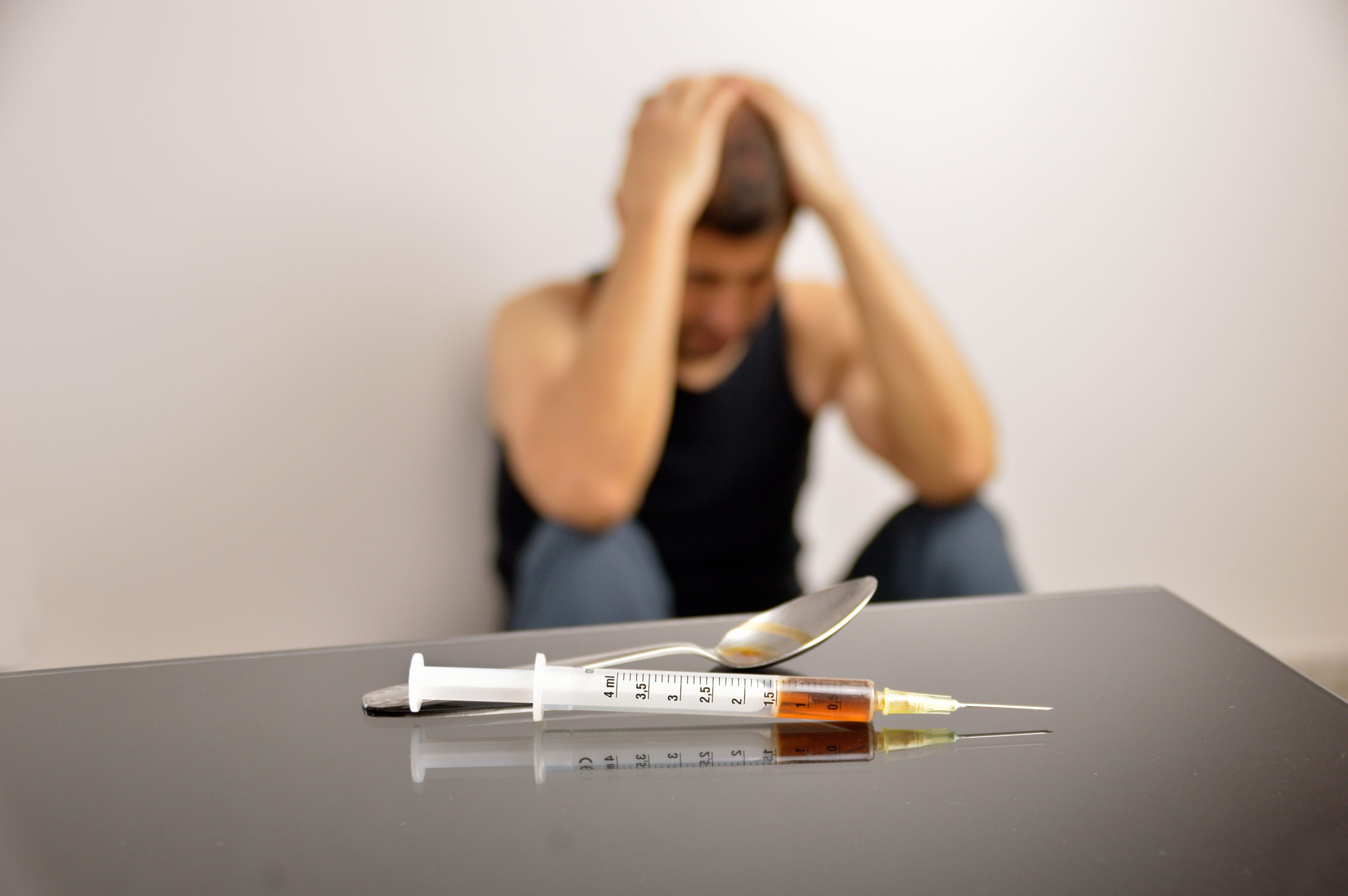Heroin is a brutal drug. There’s no upside to it. Worst of all, it’s incredibly addictive.
The dangers of the drug are very real and heroin plays a role in the ongoing crisis in the United States, accounting for more than 115,000 deaths from 1999 to 2018.
As with all drugs in the opioid class, heroin addiction can happen fast. Tolerance builds quickly which gives way to dependence and that spirals right into an addiction.
The psychological hold is intense and the physical withdrawal is no walk in the park either so getting help with heroin addiction is imperative to have a fighting shot at long-term sobriety.
What Is Heroin?
Heroin is opioid. What exactly is an opioid though?
Opioids are a group of drugs that relieve pain, that’s their basic function. There are many well prescription opioids like OxyContin and Vicodin as well as codeine, morphine and many more. Those names should give you a sense of the effects of heroin.
Whereas prescription opioids, which clearly are dangerous given the epidemic of opioid-related deaths in the last two decades, are at least generally prescribed for a purpose and taken under some medical supervision.
Heroin, on the other hand, is illegal.
As per the National Institute on Drug Abuse, heroin is, “an opioid drug made from morphine, a natural substance taken from the seed pod of the various opium poppy plants grown in Southeast and Southwest Asia, Mexico, and Colombia. Heroin can be a white or brown powder, or a black sticky substance known as black tar heroin. Other common names for heroin include big H, horse, hell dust, and smack.”
It can be taken in many ways, smoked, snorted, sniffed and injected, with each method of intake changing the effect of the drug. No matter how it goes in though, when stripping it down to brass tacks, heroin is wildly addictive.
The Dangers of Abusing Heroin
There’s no real upside to heroin and the dangers of it are immense.
The euphoria quickly gives way to a whirlwind of downside. Withdrawal kicks in within hours of the last hit and its users experience muscle and bone pain, insomnia, diarrhea, vomiting, cold flashes, restlessness and more.
Moreover, as the National Institute on Drug Abuse notes that “repeated heroin use changes the physical structure and physiology of the brain, creating long-term imbalances in neuronal and hormonal systems that are not easily reversed. Studies have shown some deterioration of the brain’s white matter due to heroin use, which may affect decision-making abilities, the ability to regulate behavior, and responses to stressful situations.”
How To Get Heroin Addiction Help
Full-fledged heroin addiction rehab under the guidance of trained professionals is truly the best course of action for someone looking to rid themselves of it. Each treatment center handles it differently but what it looks like in broad strokes is as follows:
Detox – No heroin addiction help can truly begin until the toxins are fully out of your system. Unfortunately, this can be a particularly rough part of the process since you have to deal with the withdrawal symptoms that come with stopping. This is best done in a place where people understand what you’re going through and can guide you through those tough moments, when the pull of the drug is strongest.
Residential Inpatient Rehab – With a focus on getting you mentally back together, and while living in a treatment center, inpatient care is characterized by one on one counseling and group therapy.
Outpatient & Aftercare – You can look at this as functionally similar to inpatient treatment, but you don’t live in. You can go about your regular life while getting the counseling you need.
Sober Living – This makes the transition back to real-life easier and softer. Sober living homes are substance-free and have certain rules to abide by. The general idea is to be in a support place filled with people who have gone through the same thing as you.
Let Above It All Treatment Network Find You Help
At Above It All Treatment Network, we have years of experience helping people on their journey to sobriety, we understand the ravages of heroin. If it’s taken over your life or that of a loved one, reach out to us. We’ll help you figure out the next steps and what options would help you most.

